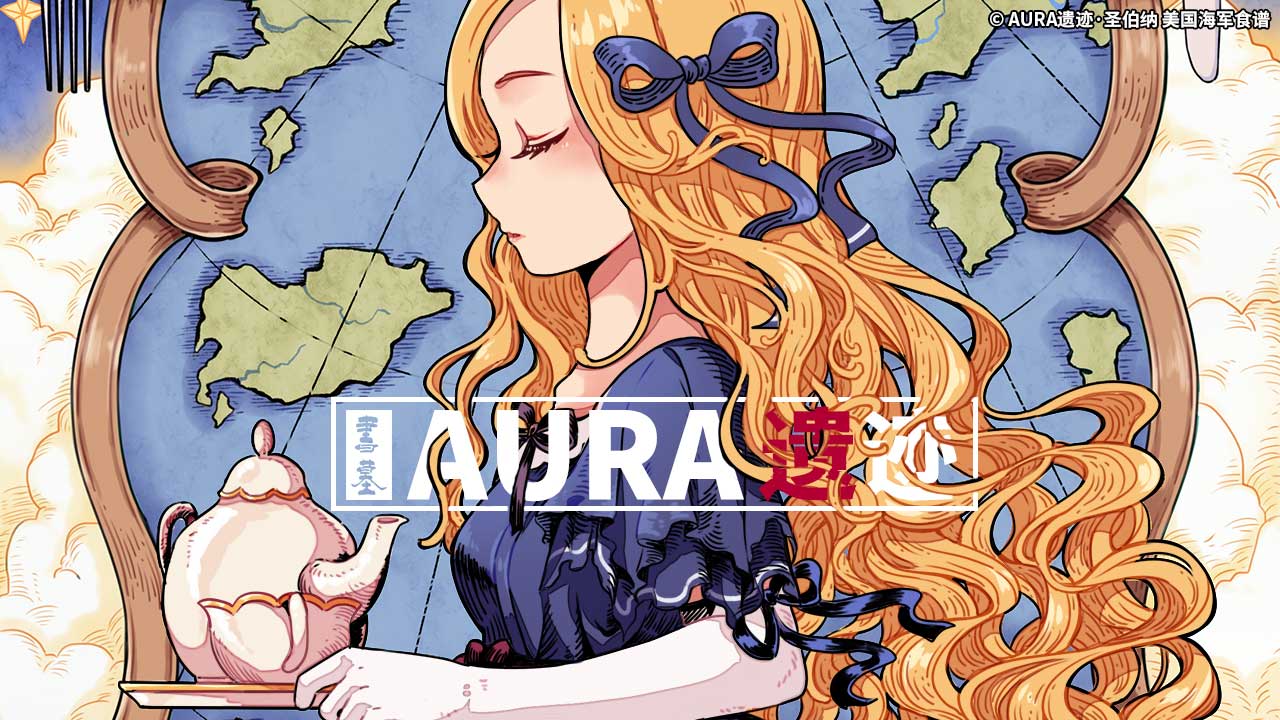STEC Archives, Print Document Division
Curator signature: “T”
Format: Print Media – DECLASSIFIED under [REDACTED], [REDACTED]
Special Documents Division – [REDACTED]
Time (if known): Undated – tentatively categorized into pre-war.
Editor’s note: Waiting on the declassification process for the rest of this series, since no doubt the information here may be of “interest” to many parties.
It’s made a bit more difficult given the defunct nature of the company in question today.
[Recipient currently redacted],
I’ve provided prior warning that as a part of STEC’s own charter and policies, all STEC communications will be made available to the public upon the end of the Abyssal War. Thusly, I open with the simple communication that this very idea that you propose is appalling to me and STEC, and very likely the US public at large.
We have made it abundantly clear over these last months about what we have and what effects they might have on the world at large – especially after that of the Abyssal War.
Your proposal to make what we currently provide for free into a for-profit enterprise represent values incompatible with ours. We currently have no law nationally against wartime profiteering, but the lack of explicit illegality does not imply the inverse. Rather, it should be obvious given our recent efforts to break corporate strangleholds on certain commodities.
Best of luck in future endeavors.
From: [Classified] (United States Shipgirl)
To: [Classified]
Date: [REDACTED]
Subject: RE: [Corporate entity redacted]’s WSJ op-ed
I really don’t think they understand just who or what they’re messing with.
I’m sure their calculus is that this is going to force us to work with them – they’ve even dragged a couple of pet politicians out to cry how we’re holding back this miraculous technology from the American people.
I don’t even think we need to do much more work – I’ve already planned out how to respond to this decades ago.
😛
Izvestia, (date redacted)
Op-Ed
Suffering of Big Capital & Crocodile Tears
For the last few days, newspapers around the world have been in fierce discussion of the actions of the US-STEC and the American President.
To those of us with memory longer than that of goldfish, we find it fascinating that only weeks earlier were the major medicinal corporations of the America screaming across all newspapers about how it is a “grave civic injustice” for US-STEC to withhold key medicinal formations with the potential to improve current medicines in place.
Now that the President through US-STEC has made this formulation freely available, obtainable, and deliverable to Americans (and the rest of the world) they are screaming about how this is causing unfair competition and against free market values.
We would like to especially point out the crocodile tear of the corporation quoting (with permission from Journal of Wall Street) the below which caught our attention.
“Medicine, like all technological advancements of the modern era, is not free. It is developed by the blood, sweat, and tears of countless men and women and paid for by untold amount of dollars. In America we say there’s no such thing as free lunch. Indeed, lunch shouldn’t be free. It is with this, and on behalf of the entire US pharmaceutical industry at large, that I and my board earnestly call upon the President to rescind his executive order.”
Under laws of fair competition, if the US-STEC is able to stay in business with their release of goods, why is it problematic?
If the US-STEC is able to research and develop new medicines better, cheaper, and more effectively than you, why is it problematic?
Ah. Perhaps real problem is simply the matter of profit. If US-STEC make these medicines available to people for free, there is no money to be made anywhere. What is more, perhaps there is no more reason to buy your goods if the US-STEC one is better.
We at Izvestia would like to remind readers that all newspapers with reporters that have soul have routinely pointed out the disgusting degree to which common medicines have increased over these short spans of the Abyssal War in countries such as America. Prominent western news group such as the Washington Post and Los Angeles Times have highlighted examples such as common medicines receiving a 23,000% increase in price with no known disruption to supply chain or transportation simply because they are marketed as “anti-Abyssal supplementation.” Other reports from local news groups have reported instances where American government supplied items are being thrown away by local officials to make profit for contractors.
In all cases the parties responsible cite the challenges of Abyssal War as excuse for their heinous actions. In the Soviet Union we call this war profiteering. It is illegal and harshly punishable by our law. As we are different country, we can understand that our American friends are kinder in treatment and do not enact punishment as harshly. After all, as we say in Russia, you do not discipline child of another house.
Unlike these big medicine corporations, we at Izvestia do not pretend to speak for American people, nor do we pretend to know what the American people is thinking. However, we welcome the opportunity that the American President and US-STEC has gifted to the world at curtailing, or even possibly stopping altogether these types of diseases that would harmfully influence human life.
Were we Americans, we firmly believe that the American people would be proud of their leadership for carrying out this humane act.
